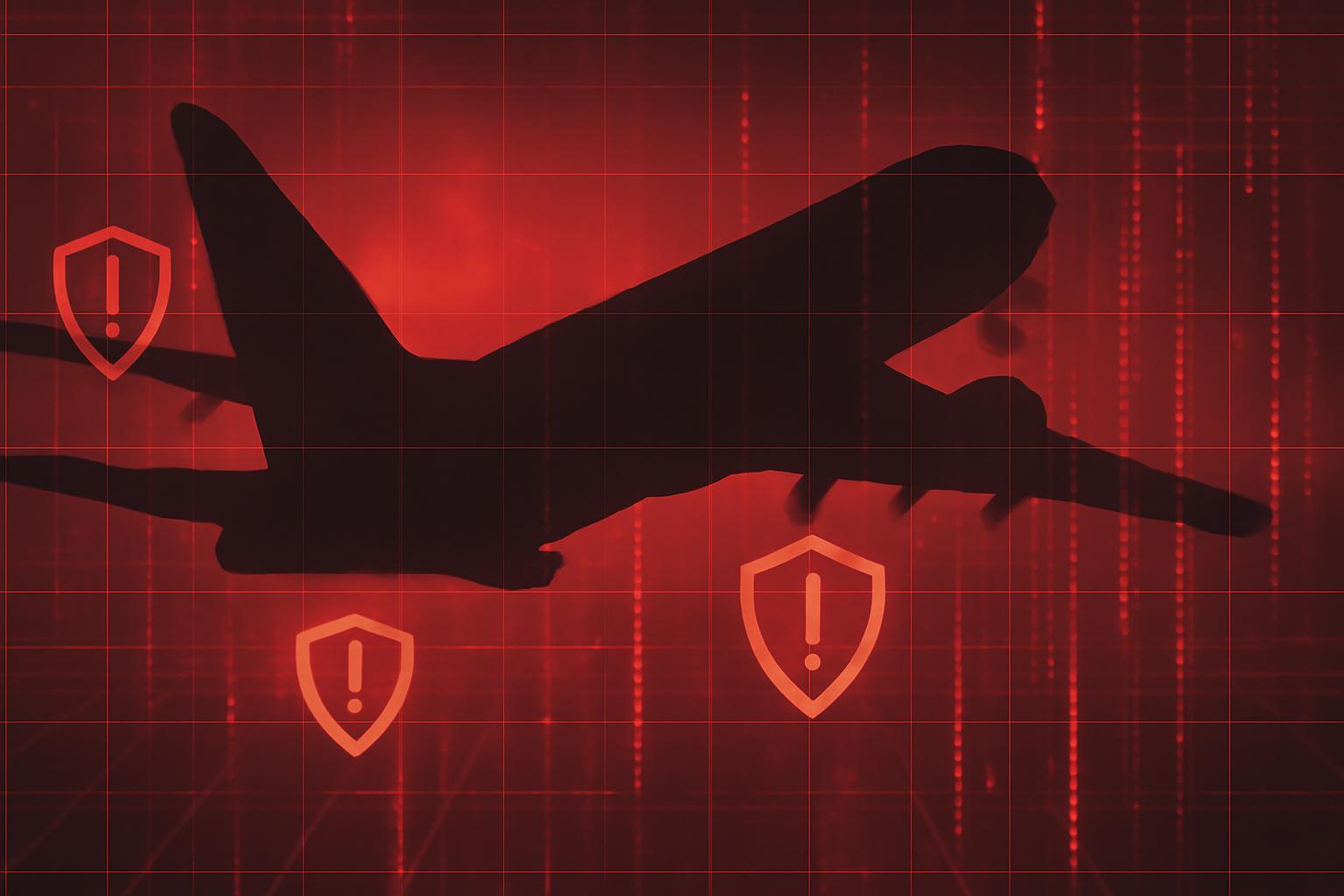WestJet Data Breach Exposes Sensitive Information of 1.2 Million Passengers
Canada’s second-largest airline, WestJet, has disclosed a significant cybersecurity incident affecting the personal information of approximately 1.2 million passengers. The airline revealed the breach in a filing with Maine’s attorney general, confirming that 240 residents in the state were among those impacted.
Details of the Breach and Compromised Data
The stolen data reportedly includes passenger names, dates of birth, postal addresses, and critical travel documents such as passports and government-issued identification. Additionally, information related to passenger accommodations, including special requests and complaints, was accessed.
WestJet also confirmed that customer rewards information may have been compromised. This includes points balances and other details tied to frequent flyer accounts, potentially exposing customers to further risks.
Timeline and Corporate Response
The airline first disclosed the security incident in June after detecting unauthorized access to its systems. Despite inquiries, WestJet spokesperson Jennifer Booth did not provide additional comments when contacted for details on the breach.
Suspected Cybercriminal Group: Scattered Spider
Media investigations have linked the WestJet breach to the hacking collective known as Scattered Spider. This group, composed mainly of English-speaking teenagers and young adults, employs social engineering tactics such as impersonating IT help desk staff to gain unauthorized network access.
The FBI and cybersecurity firms issued warnings earlier this year about Scattered Spider targeting the transportation and aviation sectors. Notably, Australian airline Qantas suffered a similar attack, with over 6 million customers’ personal data stolen.
FinOracleAI — Market View
The WestJet data breach underscores the escalating cybersecurity risks facing the aviation industry. The exposure of sensitive passenger data and loyalty program details may erode customer trust and invite regulatory scrutiny.
- Opportunities: Airlines can strengthen cybersecurity frameworks and invest in advanced threat detection to mitigate future risks.
- Risks: Potential legal liabilities, regulatory penalties, and reputational damage could impact financial performance.
- Increased awareness may prompt industry-wide collaboration on cyber defense strategies.
- Heightened vigilance required against social engineering attacks targeting employee access.
Impact: Negative. The breach highlights vulnerabilities in airline cybersecurity, with possible long-term effects on customer confidence and operational security.













